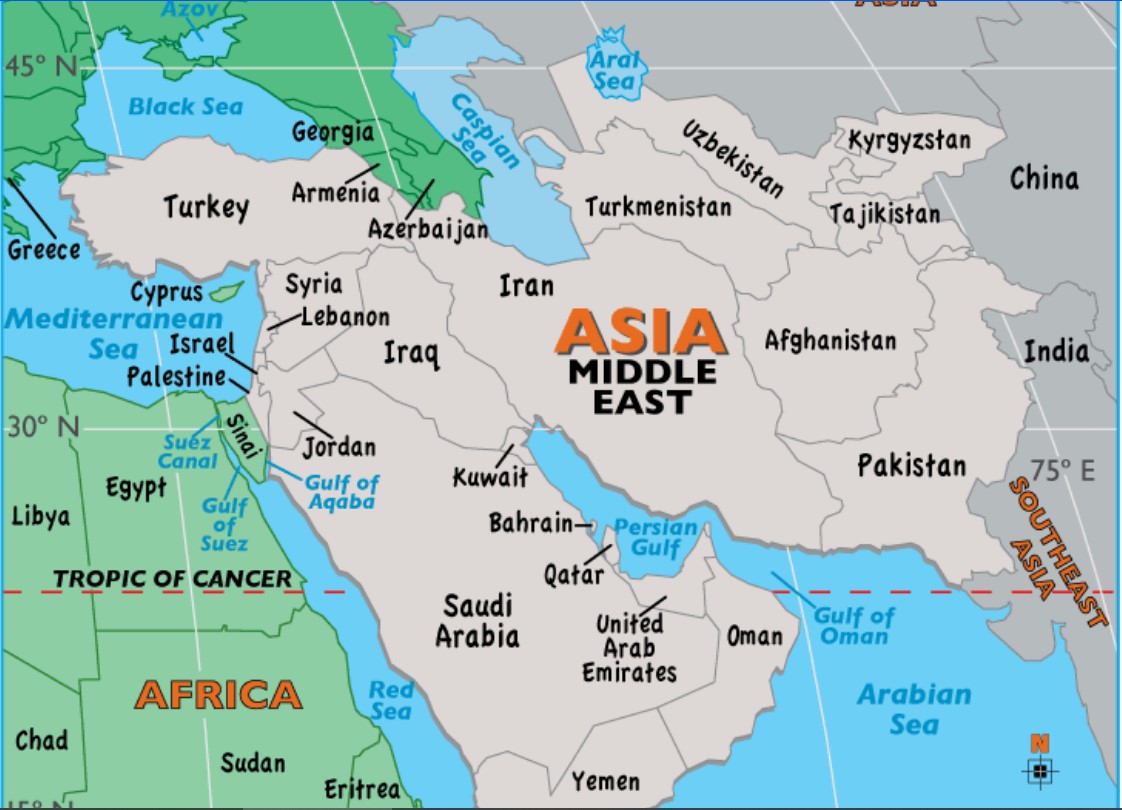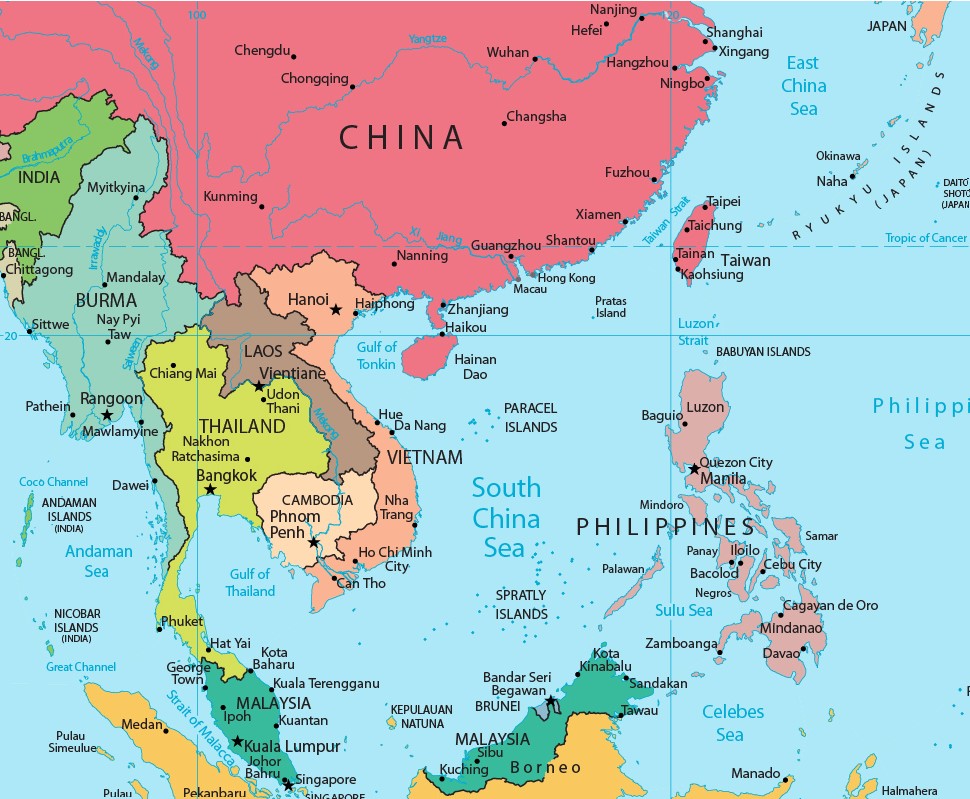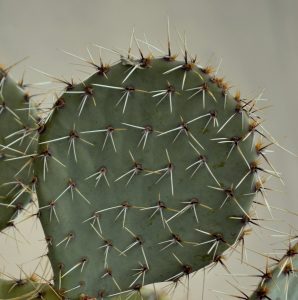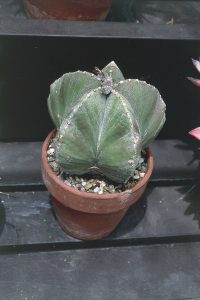An article from The New Statesman, a British publication, has a different slant on the US obsessive gun dependency:
“US gun violence is not just a domestic political issue. The failure to take action is a gift to Chinese and Russian propagandists. Shortly after Joe Biden took office in January 2021, he delivered a major foreign policy speech setting out his vision for the United States’ place in the world. He vowed to rebuild the country’s alliances and restore its moral leadership after the tumult of Donald Trump’s presidency.
“America is back,” he declared, and he promised that the United States would “again lead not just by the example of our power but the power of our example”.
“Yet the power of that example has been repeatedly undermined by the failure of US political leaders to tackle the country’s domestic problems, including racial injustice and worsening gun violence. This plays into the hands of American adversaries like China, whose propaganda highlights the deaths of young children in American school shootings and the police killings of Black Americans to advance the Communist Party’s agenda and what it claims are the comparative advantages of its own political system.”
![]() Mariner surmises that guns are to this disheveled nation as opiates are to a drug addict. How does one detoxify a gun addiction? As with all other virtuous ideals that have disappeared, it seems having a gun is more important than continuing to be the world’s moral leader and key advocate of democracy.
Mariner surmises that guns are to this disheveled nation as opiates are to a drug addict. How does one detoxify a gun addiction? As with all other virtuous ideals that have disappeared, it seems having a gun is more important than continuing to be the world’s moral leader and key advocate of democracy.
It isn’t just guns that tarnish our national image. A dysfunctional Congress and the attacks by red states on open elections also have been noted – especially by European sources.
If the United States loses its moral leadership advantage, it will lose the economic battle for economic supremacy in an emerging global economic system.
Mariner’s solution: When it comes time to vote and the candidate is running for reelection, give serious thought whether the candidate deserves another term; if the candidate is over 55, do not vote for that candidate; further, give precedence to women, nonwhites, and candidates not supported by a national PAC.
Detox is not a pleasant experience.
Ancient Mariner

 Saudi Arabia and Iran are seeking more power through unification but common human struggle exists throughout the region. The West counterparts may involve Europe, Greece, Israel, India and the United States.
Saudi Arabia and Iran are seeking more power through unification but common human struggle exists throughout the region. The West counterparts may involve Europe, Greece, Israel, India and the United States. that includes a current sore spot, Tibet, where a current conflict is China’s genocidal policy against Uyghur Buddhists. Beyond Tibet are a number of nations that depend on independent trade that China would like to own – Bangladesh, Nepal, Myanmar, Burma, Thailand, Cambodia, Vietnam and Malaysia. The West counterparts may include India, the United States, the Philippines, Taiwan and perhaps if China acts out in a certain manner, the third regional war for economic control of the Pacific Rim will join in. Other nations would join in like Australia, South Korea, Japan, Indonesia, Canada and perhaps Columbia and Mexico. In the expanded regional war for the Pacific, Russia and North Korea would step in as China’s allies.
that includes a current sore spot, Tibet, where a current conflict is China’s genocidal policy against Uyghur Buddhists. Beyond Tibet are a number of nations that depend on independent trade that China would like to own – Bangladesh, Nepal, Myanmar, Burma, Thailand, Cambodia, Vietnam and Malaysia. The West counterparts may include India, the United States, the Philippines, Taiwan and perhaps if China acts out in a certain manner, the third regional war for economic control of the Pacific Rim will join in. Other nations would join in like Australia, South Korea, Japan, Indonesia, Canada and perhaps Columbia and Mexico. In the expanded regional war for the Pacific, Russia and North Korea would step in as China’s allies. The Bears will play for the South Korean baseball championship for a record seventh consecutive year, after hammering the Samsung Lions 11-3 to sweep the best-of-three penultimate round in the Korea Baseball Organization (KBO) postseason.
The Bears will play for the South Korean baseball championship for a record seventh consecutive year, after hammering the Samsung Lions 11-3 to sweep the best-of-three penultimate round in the Korea Baseball Organization (KBO) postseason.

